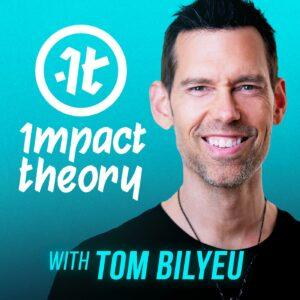
In this episode of the Huberman Lab podcast, Dr. David Linden joins the host to discuss the fascinating world of neuroscience and the unique experiences that shape our lives. Dr. Linden shares insights into the cellular basis of sexual sensation, the role of individual variation in human experience, and the mind-body connection. He also delves into topics such as the heritability of traits, the impact of early life experiences, and the potential of psychedelics for depression treatment. Get ready to explore the intricacies of the brain and how it influences our perception of the world.
Dr. David Linden discusses the discovery of the Kraus corpuscle, a nerve ending found in the penis and clitoris, and its potential role as the cellular basis of sexual sensation. Activation of Kraus corpuscles in mice led to sexual responses, highlighting their importance in sexual preferences and sensations. Individual variation in Kraus corpuscle structure may explain differences in sexual experiences among individuals.
Dr. Linden emphasizes the significance of individual variation in human experience, which is often overlooked in neuroscience research conducted on highly inbred mice. Traits like height and intelligence are heritable but can be influenced by early life experiences and access to basic necessities. Genetic variation also plays a role in how individuals perceive odors, with some people having unique reactions to certain smells.
Dr. Linden explores the intricate relationship between the mind and body, highlighting practices like meditation, yoga, and breathing exercises that can profoundly influence the nervous system. The mind can affect the body through neural signals and the release of hormones, neurotransmitters, and cytokines. Understanding how neurons sense and process information from the body is crucial to unraveling the mind-body connection.
Dr. Linden delves into the heritability of traits, such as perfect pitch and intelligence, and how they are influenced by genetics and environmental factors. The heritability of IQ scores varies among populations, with more affluent populations showing higher heritability. He also discusses the potential link between depression and inflammation, highlighting the promising role of anti-inflammatory treatments in relieving symptoms.
Dr. Linden explores the fascinating concept of time perception and its relationship to mortality. Perception of time can be influenced by circumstances, such as the presence of a “finish line” or uncertain timeline for the future. Exploring one’s mortality can lead to a heightened sense of gratitude and a shift in attention to the present moment. The brain’s constant attempt to predict the future may also contribute to beliefs about consciousness after death.
Dr. David Linden’s conversation on the Huberman Lab podcast sheds light on various aspects of neuroscience and the unique experiences that shape our lives. From the cellular basis of sexual sensation to the mind-body connection and the heritability of traits, Dr. Linden provides valuable insights into the intricacies of the brain and its influence on human perception and behavior. Understanding the interplay between genetics, early life experiences, and environmental factors is crucial for unraveling the complexities of human individuality and optimizing mental and physical well-being.